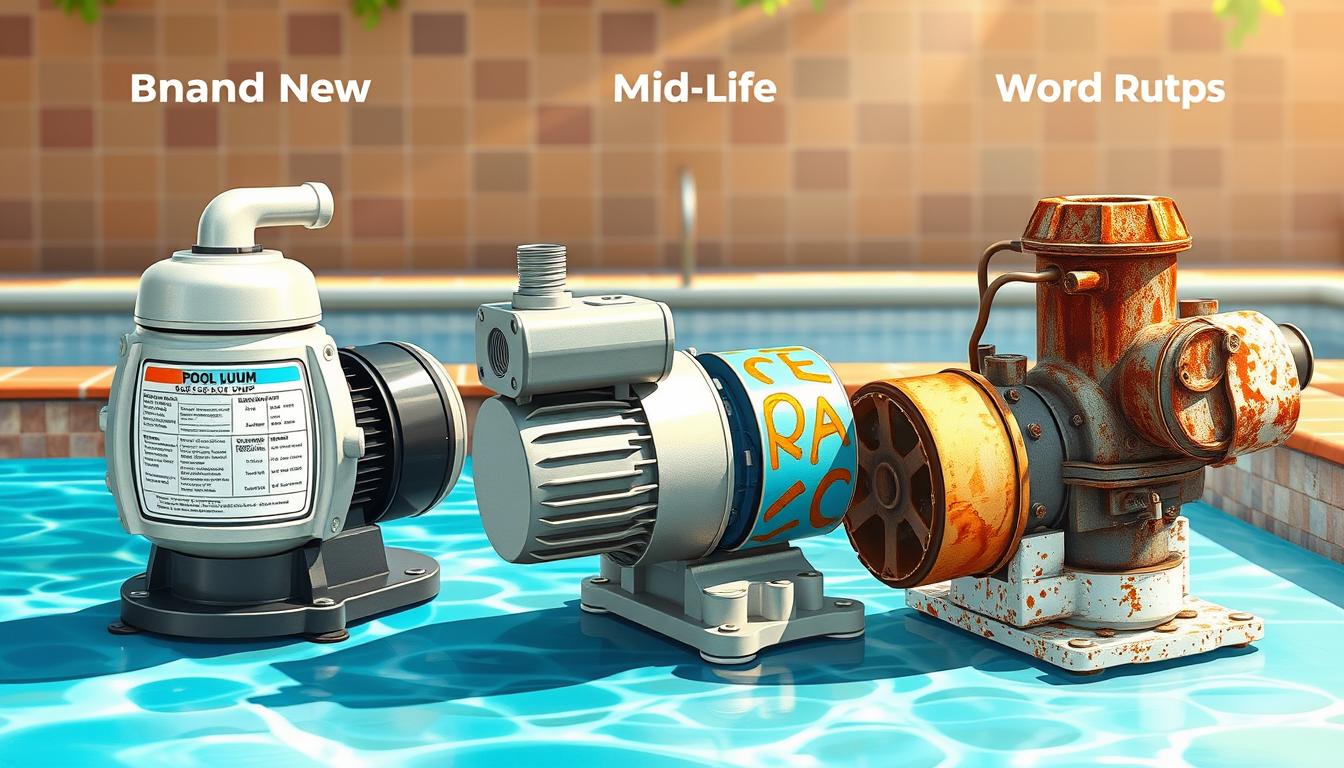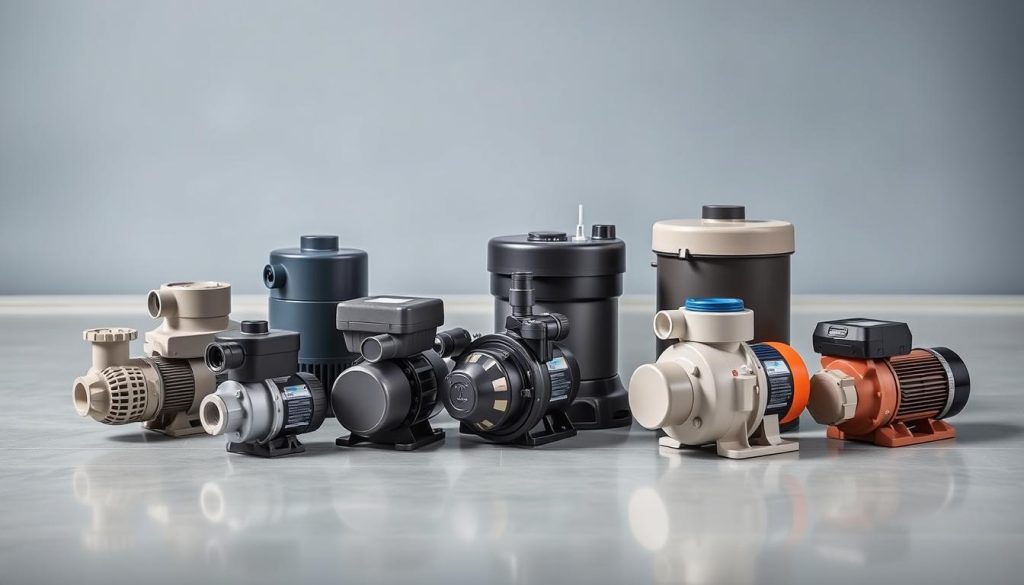
A full replacement of a pool pump can cost over $800. Pool pumps circulate and filter water to keep pools clean and safe. Their lifespan depends on size, usage, and maintenance.
A well-maintained pool pump can last 8 to 15 years. Proper upkeep and timely repairs can extend its life expectancy. Neglect and harsh conditions may lead to early failure.
Higher-quality pool pumps with longer warranties can be cost-effective. These pumps often last around 10 years, offering reliable performance. Climate affects pump longevity, with hot climates reducing lifespan compared to cooler ones.
Cheaper pool pumps have a shorter life expectancy than more expensive ones. Investing in quality can save money in the long run.
Factors Affecting Pool Pump Lifespan
Pool pump lifespan depends on size, usage, maintenance, and type. Understanding these factors helps in selecting and caring for pool pumps. This knowledge can extend their life and improve performance.
Size and Usage
The pump’s size is crucial for its lifespan. An undersized pump faces more stress, while an oversized one wastes power. A good pump should filter all pool water in 8 hours.
When choosing a pump, consider the pool’s volume and piping system length. The desired turnover rate is also important for optimal efficiency.

Maintenance and Upkeep
Regular upkeep extends a pool pump’s life. Clean the pump basket and check O-rings and seals for wear. Ensure proper lubrication of motor bearings.
Maintain correct water chemistry to prevent corrosion and pump damage. A consistent maintenance schedule helps avoid premature pump failure.
| Pump Brand | Average Lifespan (with proper maintenance) |
|---|---|
| Hayward | 8-12 years |
| Pentair | 10+ years |
| Above Ground Pumps | 8-12 years |
Variable Speed Pumps
Variable speed pumps are popular for their energy efficiency. They adjust speed based on pool needs, reducing power use during low-demand times.
These pumps last longer than single-speed ones. Their reduced stress and improved efficiency contribute to better durability.
Modern pool pumps are more energy-efficient due to variable speeds that can be adjusted, saving costs in the long term.
Consider pump size, usage, maintenance, and variable speed technology when choosing a pool pump. These factors help extend pump life and ensure top performance for years.
Signs Your Pool Pump Needs Replacement
Pool pumps usually last 8-12 years with good care. Older pumps may need replacing sooner. Quick action can stop more damage. If your pump is over 5 years old and having issues, think about a new one.
Unusual Noises
Strange sounds from your pool pump often mean it needs replacing. Rumbling, screeching, or grinding noises can show worn-out parts. These sounds mean the pump is working hard to run well.
Fixing noisy pumps quickly can help them last longer. It can also stop more damage from happening.
Reduced Pumping Efficiency
A sign of a failing pump is when it works less well. It might take longer to move water or keep levels right. Good pumps should have 10 PSI or more suction power.
If your pump still works poorly after fixes, think about a new one. A new, energy-saving model might be cheaper in the long run.
Corrosion and Deterioration
Rust and wear on pump parts can mean it’s time for a new one. Chemicals, water, and weather can damage pumps over time. Look for rust or mineral buildup on the pump.
Fixing a very rusty pump can cost as much as a new one. In this case, buying a new pump makes more sense.
| Pool Pump Issue | Repair or Replace? |
|---|---|
| Minor issues (e.g., clogged impeller, loose connections) | Repair |
| Major issues (e.g., motor failure, severe corrosion) | Replace |
| Pump over 10 years old | Replace, regardless of current functionality |
| Frequent breakdowns or repairs | Replace with a new, energy-efficient model |
For pool pump problems, ask pool experts for help. They can check, find issues, and fix your pump. They’ll tell you if fixing or replacing is better.
Quick action on pump problems keeps your pool healthy. A new, energy-saving pump can be a smart choice for long-term pool fun.
Conclusion
Understanding pool pump lifespan factors and wear signs is crucial for efficiency. Proper sizing, regular maintenance, and variable speed technology can maximize pump life. These steps keep your swimming pool running smoothly.
Pool pumps typically last 8 to 10 years. Watch for unusual noises, reduced efficiency, and visible corrosion. These signs may indicate the need for replacement or professional consultation.
Proactive maintenance and timely repairs can often extend your pool pump’s life. This approach prevents more costly issues in the future.
When replacing, choose high-quality, energy-efficient options for reliability and durability. The Aquagem InverPro inverter pool pump offers energy savings and quieter operation. It also ensures a longer lifespan.
Investing in a top-performing pump improves your swimming experience. It also saves on energy costs and reduces replacement frequency over time.
Your pool pump is vital to your swimming pool system. Its reliability affects your overall pool enjoyment. Understand lifespan factors and recognize wear signs for optimal performance.
For expert guidance on selecting the best pool products, consult a professional. You can also refer to trusted resources like “Pool Clinics”.







